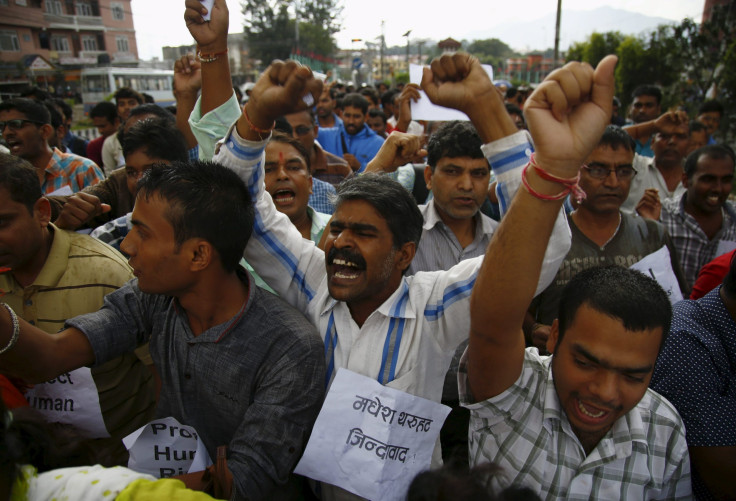Embattled Nepal PM Expected To Face No-Confidence Motion

Nepal's prime minister is prepared to face a no-confidence motion in parliament after former Maoist rebels who had backed his coalition withdrew their support but he sees no need to step down, an aide said.
The impoverished Himalayan country has been plagued by political turmoil for years and the bid by the Maoists to unseat Prime Minister K.P. Oli and form a new government has ushered in another phase of uncertainty.
Oli, who came to power in October when the Maoists offered his party parliamentary backing to build a coalition, faces the prospect of a no-confidence vote if he cannot persuade other parties to stick with him.
The main Maoist party accuses Oli of reneging on past promises and is expected to move formally lodge a motion of no-confidence in the prime minister on Wednesday.
"There is no need for the prime minister to resign. If there is a no-confidence vote against him in the parliament the prime minister will face it," Oli's press adviser Pramod Dahal told Reuters late on Tuesday after meeting junior coalition partners.
Neighbors India and China compete for influence in Nepal and are both likely to be concerned by the prospect of more instability in a country struggling to rebuild after a devastating earthquake last year.
Oli, Nepal's seventh prime minister since it abolished its 239-year old monarchy in 2008, survived an attempt by the Maoists to unseat him in May after he reached a power-sharing deal.
Maoist officials said on Tuesday the opposition Nepali Congress party, the largest in parliament, was ready to throw its support behind Maoist party leader Prachanda to form a new government.
If that were to happen, Oli's coalition in the 595-member parliament would need the support of other smaller parties to survive.
Congress is due to make a decision on supporting the Maoists on Wednesday, party officials said.
The Maoists accuse Oli of failing to resolve anger in the south of the country over a new constitution, and of failing to rebuild homes and roads destroyed in last year's earthquake.
Nepal adopted a new constitution in September. Its passing looked like a rare moment of political consensus but protests soon followed.
Minority Madhesis, who live mostly in Nepal's lowlands near India, imposed a four-month border blockade to protest against a proposal to carve Nepal into seven federal states, which they say would divide their homeland and deprive them of a fair say.
More than 50 people were killed in clashes before protesters called off the blockade in February.
© Copyright Thomson Reuters 2024. All rights reserved.





















